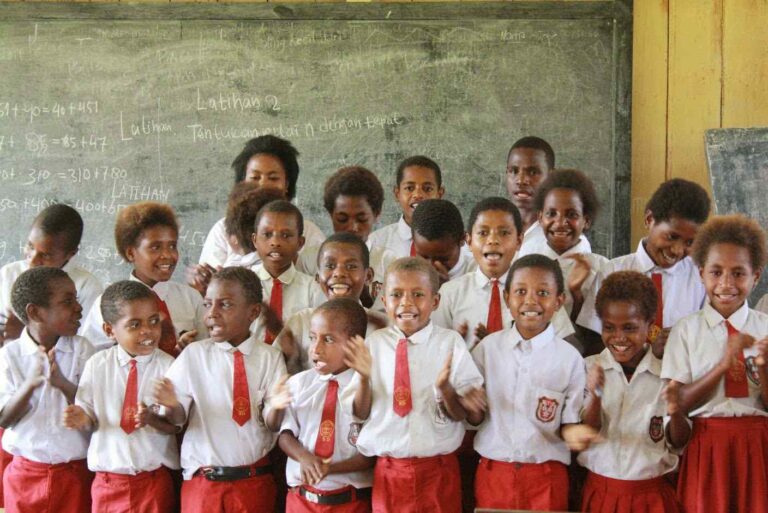Landmark Court Ruling: Indonesia Must Provide Free Primary Education for All
JAKARTA, RAKYAT NEWS — Indonesia’s Constitutional Court has issued a historic ruling mandating the government to provide free primary education across the country, covering both public and private schools that meet regulatory criteria. The decision, delivered on Tuesday (May 27), partially granted a judicial review of Article 34(2) of Law No. 20/2003 concerning the National Education System.
The Court emphasized that the phrase “compulsory basic education without fees” must be interpreted as a binding obligation for both central and regional governments to guarantee cost-free primary schooling. While private schools are still permitted to seek external funding, they may only receive government support if they comply with official regulations.
In response, Amnesty International Indonesia welcomed the ruling as a major advance in fulfilling the country’s constitutional and international commitments. “This ruling marks a pivotal moment for advancing human rights in Indonesia’s education sector,” said Wirya Adiwena, Deputy Director of Amnesty International Indonesia.
Indonesia is a party to key international treaties such as the Convention on the Rights of the Child and the International Covenant on Economic, Social, and Cultural Rights (ICESCR), both of which obligate the state to ensure free, inclusive, and quality education for every child. The ruling, Amnesty noted, helps bring Indonesia closer to meeting these standards.
Despite these legal obligations, many schools across the country remain underfunded, with students from low-income families struggling to access quality education. Amnesty stressed that this ruling must serve as a catalyst for urgent reform in education policy and budgeting, particularly to address persistent inequalities.
The organization highlighted that education is not only a legal right but also a powerful tool for social change. Free and accessible education empowers individuals—especially those from marginalized communities—to break the cycle of poverty and contribute meaningfully to society.
Amnesty also urged the government to strengthen the overall education system by ensuring it is inclusive, equitable, and sustainable. This includes adequate budget allocation, clear implementation plans, and regular monitoring to guarantee that the right to education is fulfilled nationwide.
Additionally, the organization called for the inclusion of human rights education in both formal and informal learning environments. Promoting awareness of rights and responsibilities, it argued, is essential for building a just and democratic society.
As Indonesia moves forward, Amnesty International called for immediate government action to implement the ruling in full, ensuring that no child is left behind in the nation’s pursuit of equality and progress through education. (Uki Ruknuddin)



























Tinggalkan Balasan